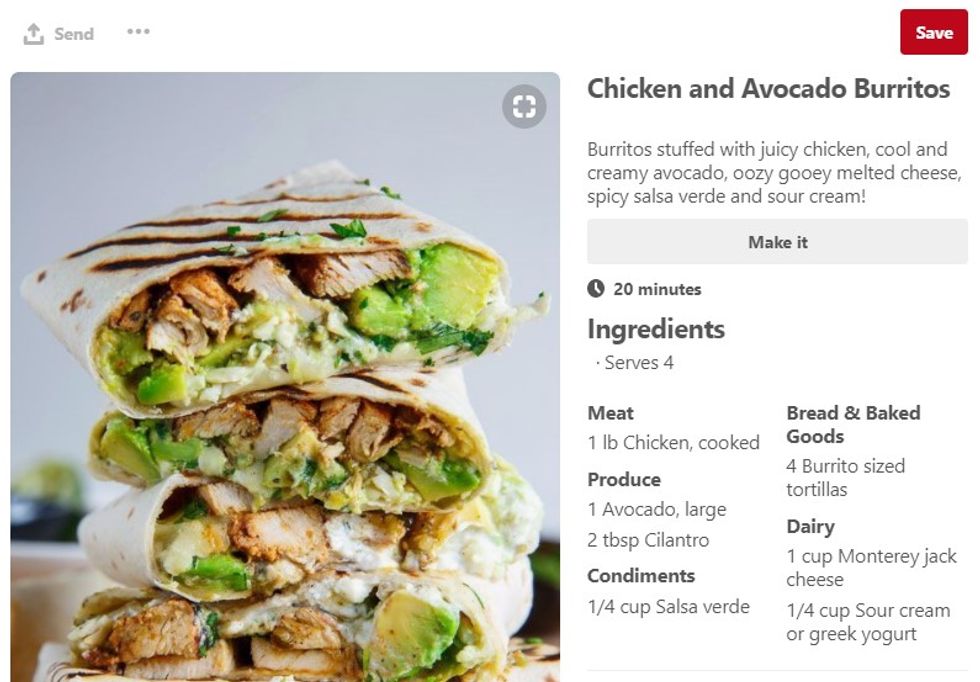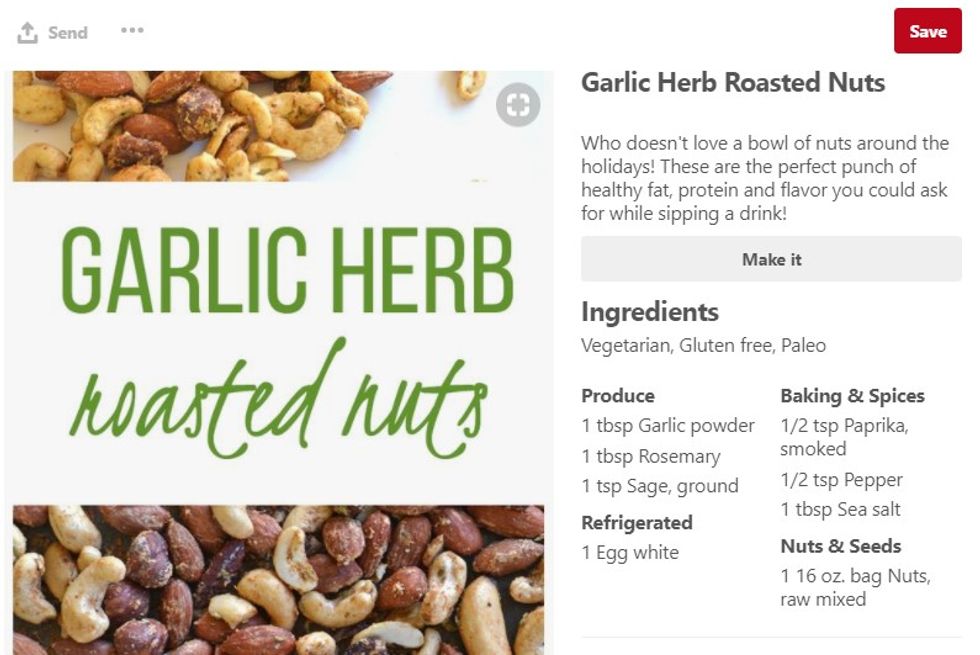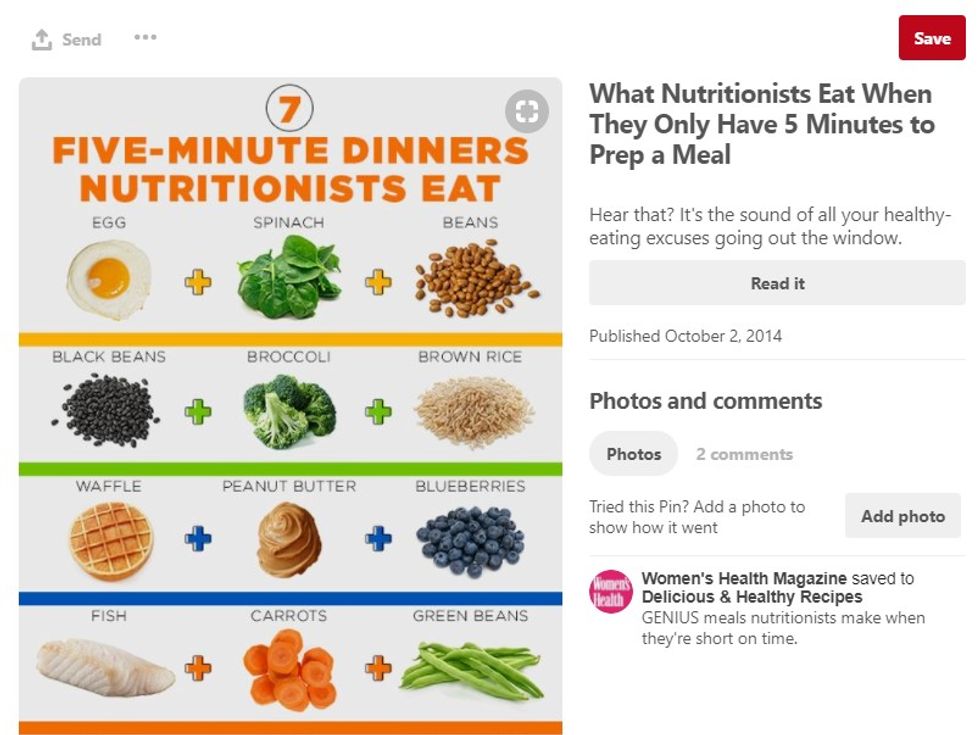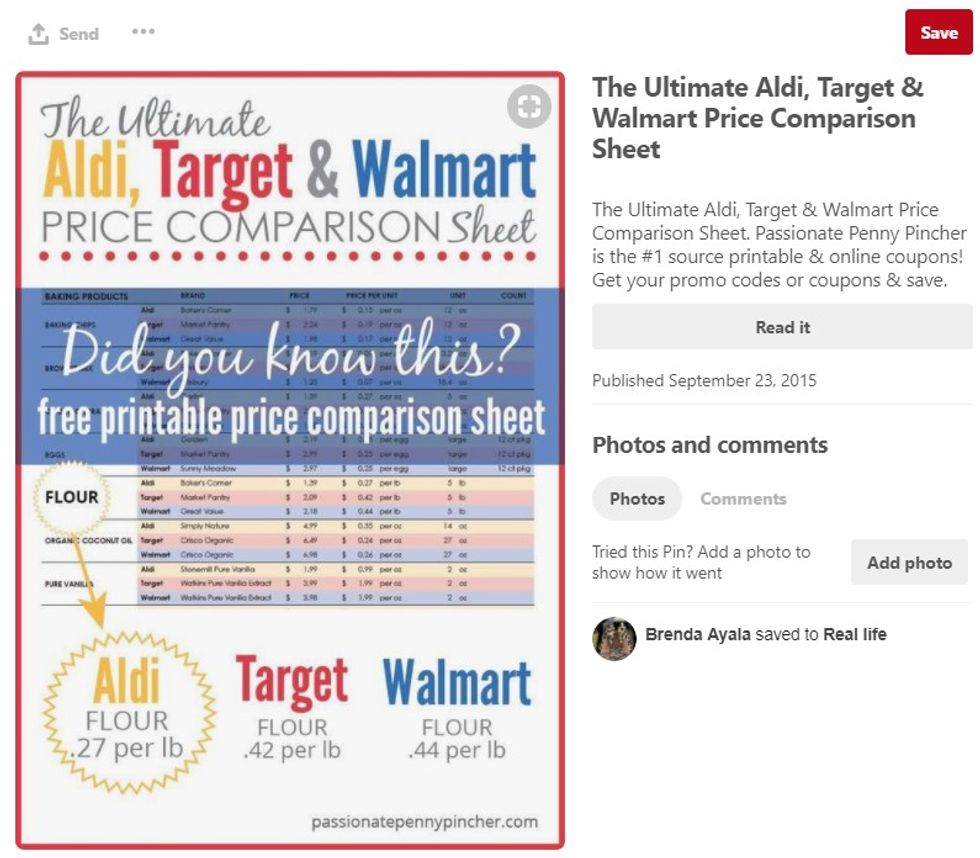Something that almost everyone hears when they’re about to start college is that they’re going to gain the “freshman fifteen.” It’s a joke that when college starts, all the new students gain a lot of weight because they overeat and live an unhealthy lifestyle.
And why not? There’s a cafeteria with endless buffet options of pizza, burgers, fries and even more. If you’re stressed out about homework, it’s even easier to overindulge in comfort food.
Colleges are starting to get on board with the idea of offering healthier options for students to choose from in the dining halls, but what if you don’t have a meal plan? What if you have dietary restrictions that keep you from eating what the school provides?
You can still make good choices — it’s time to take your meals seriously and start eating healthier.
It may feel impossible now, but read on for easy tips you can try so that you can master healthy eating before you graduate.
1. Start learning recipes
This is a small first step, but it's worth saying! Don't struggle with coming up with healthy meals on your own. Beyond a basic salad entrée or fruit snacks, you may not be able to think of much. If you eat the same thing repeatedly, you'll be less likely to stick with your healthy lifestyle.
Instead of dropping the ball, make a Pinterest or even start your own cookbook with lots of recipes. You’ll be able to have a diet with variety so that you never get bored with your food.
2. Talk with your friends
Think about how people always say they get into an exercise habit more easily if they have a gym buddy. The same goes for switching up your diet! Talk with your friends to see who else wants to start eating and feeling better.
You’ll probably find a few who are willing to try, which will provide you much needed support when you experience your first round of cravings.
3. Buy your snacks online
Going to the grocery store can be a risky experience. You walk in with a list and somehow almost always end up walking out with more food than you meant to buy.
When you’re passing by the snack aisle, it’s all too tempting to get those bags of chips that are on sale, so don’t let yourself take the risk. Instead, buy healthy snacks online so that you know you're getting only what’s right for you and not overspending.
4. Meet with a nutritionist
Most campuses offer nutritionists now as part of the effort to help students get more in touch with their nutrition. See if your school offers one, and if they do, sign up for a meeting! Most of the time, they’re only 30 minutes long, so they shouldn’t keep you away from the library for long.
Try not to worry about spending time away from your homework to meet with a nutritionist. Eating healthy can make you more productive, so you’ll get work done faster in the future.
5. Shop around to compare prices
This step could be the most important one to finally eating healthy. It’s true that you’re going to have to be okay with paying a bit more for healthier food. A bag of apples is going to cost more than a big box of instant noodles. That’s why you should take some of your free time to comparison shop.
Go to your local grocery stores and write down how much it’ll cost to get your favorite healthy foods. This way, you’ll know you’re saving money even though you’re paying more overall.
Eating healthy in college is all about having a game plan. Learn what you can make, then form a list of what you’re going to eat. Get the best prices on those foods, and develop a budget.
It's not as easy as eating off the dollar menu at a fast food restaurant, but your body will feel better and benefit from it in the long run.
Start making changes now so you can feel the positive change that healthy foods can bring to your life.































